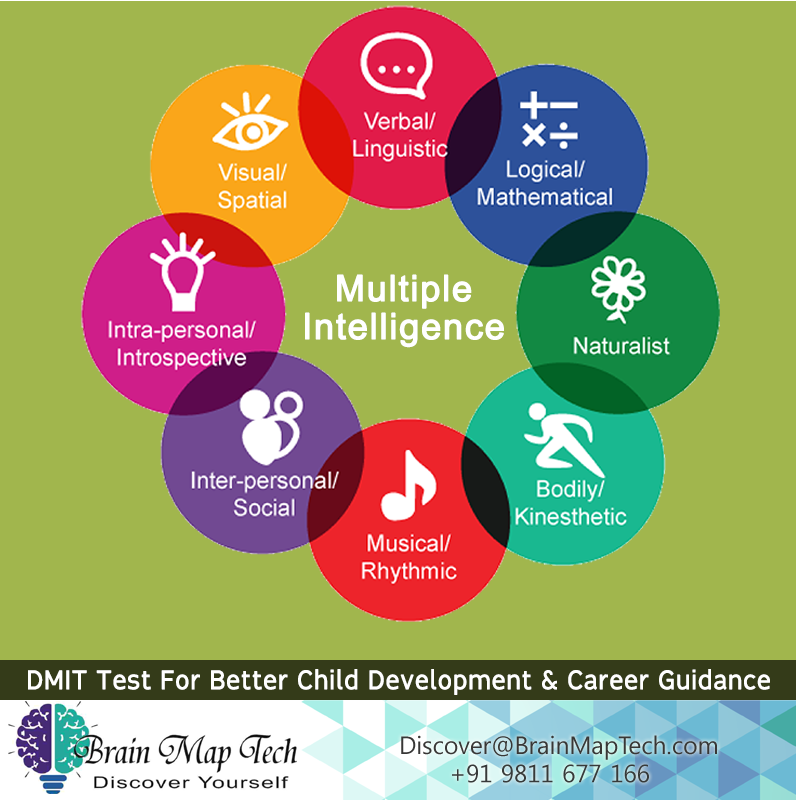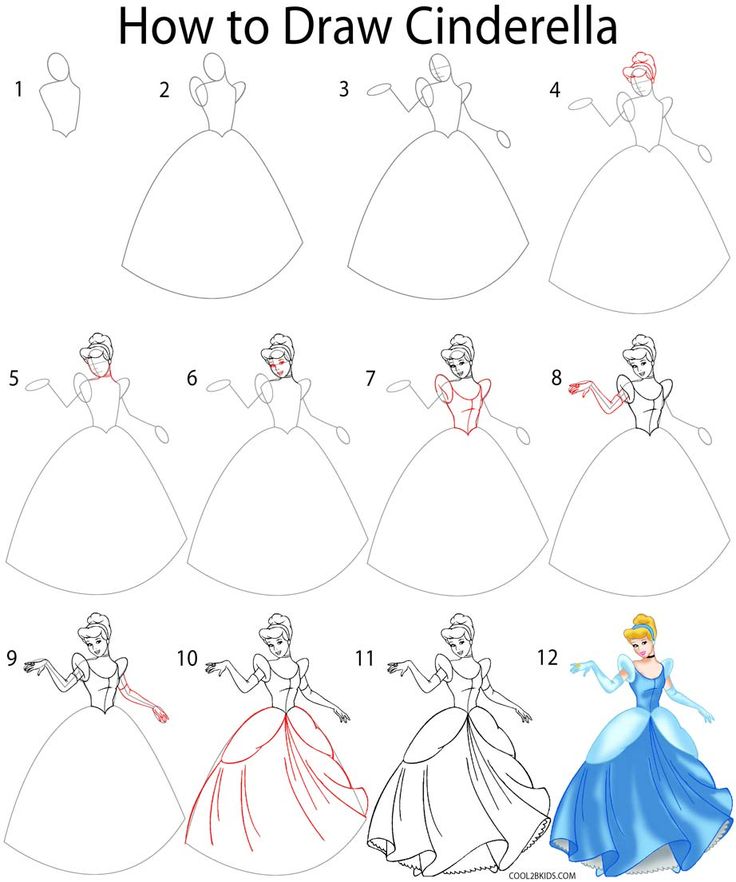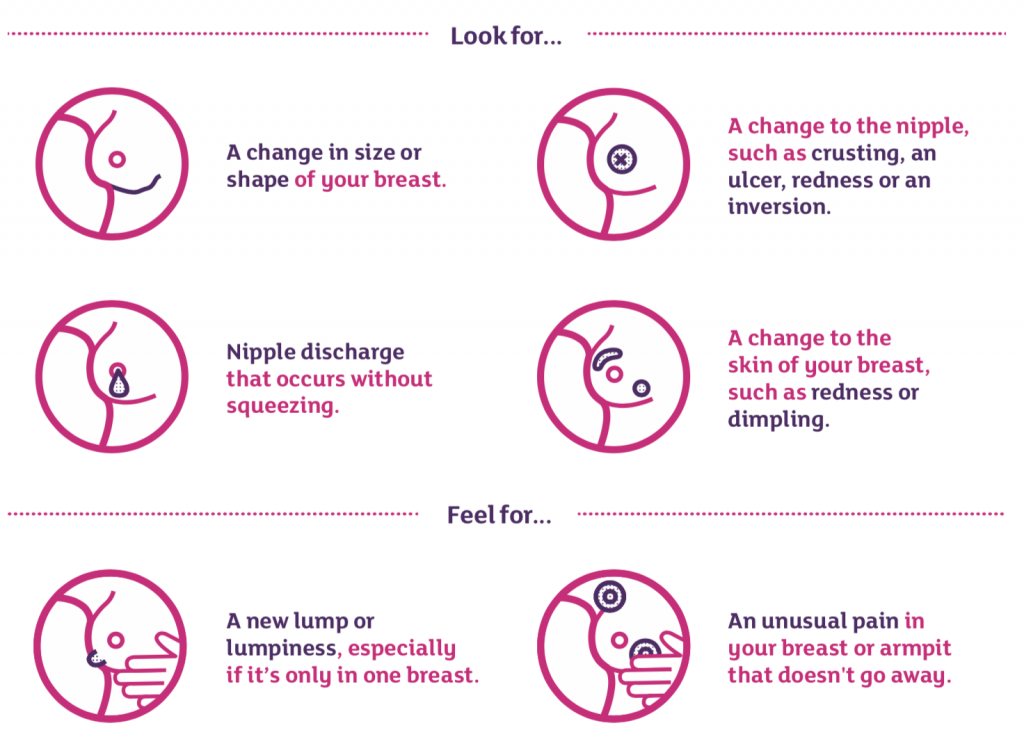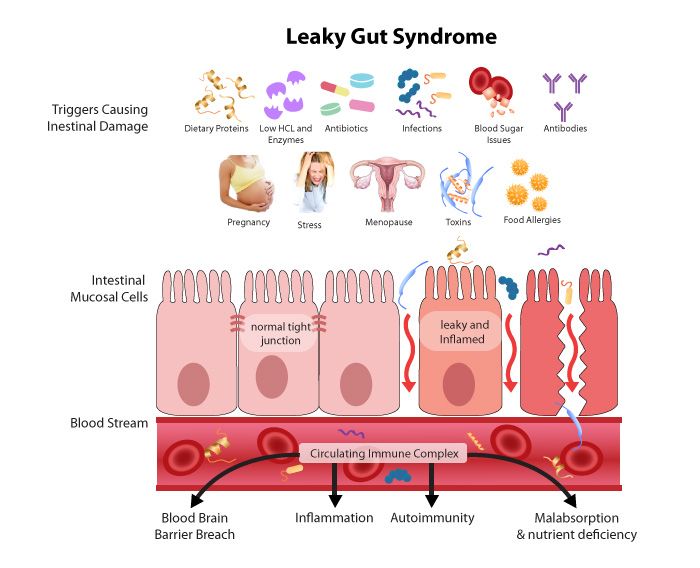How to develop child intelligence
How To Improve Your Child’s IQ
In part one of our S.A.M series, we highlighted the importance of early math exposure for children, and debunked the myth that IQ is fixed at birth and cannot be improved in part two. In part three, we search for ways on how you can improve your child’s IQ.
What makes children smart may surprise you.
Contrary to popular thinking, developing a child’s IQ is not about getting them to do tons of IQ questions or assessment books. Neither is it about improving their memory.
It is the everyday activities of what parents do and you say that matters.
Here are 5 things you can do to improve your child’s intelligence.
1. Read to improve verbal and linguistic intelligence
Linguistic intelligence is the ability to process information using words and language.
Compared to processing images or speech, reading is more challenging as parts of our brain are making connections. When we read, we are also required to construct and imagine.
Reading not only helps to improve language, which is necessary for communication and to get on with tasks of everyday life, it also keeps our mind sharp. Starting to read early may not only help in the growth of your child’s literacy, but it may also benefit a wider range of cognitive abilities that are crucial later in their life.
Early start in reading is important in predicting a lifetime of literacy experience. In a study done by Professors Cunningham and Stanovich, they found that students who had a quick start in reading were more likely to read more over the years. The results also revealed that reading volume had a significant contribution to vocabulary, general knowledge, verbal fluency and spelling. In a nutshell, reading does make you smarter!
If you have young children just starting to speak and read, read with them daily to expand their vocabulary. When you read with them, explicitly bring attention to certain words. For older children, introduce concept stories to expand their vocabulary and encourage imagination. This helps them to have better grasp of more abstract concepts.
For older children, introduce concept stories to expand their vocabulary and encourage imagination. This helps them to have better grasp of more abstract concepts.
2. Play with blocks to improve spatial intelligence
Puzzles, blocks, memory games, crafts, toys figurines – these are tools every child should grow up with. Give your children ample time and space to play with these tools when they are in preschool. Block and construction play is particularly important and beneficial as it gives your child multiple learning opportunities.
When building structures or engaging in block play, children discover spatial awareness and develop their spatial intelligence. Spatial intelligence is the ability to imagine pictures in your mind. When deciding how to stack blocks, under, above or perpendicular – children are engaged in using their spatial intelligence.
Studies have shown that developing spatial skills support later learning in science, technology, engineer and math.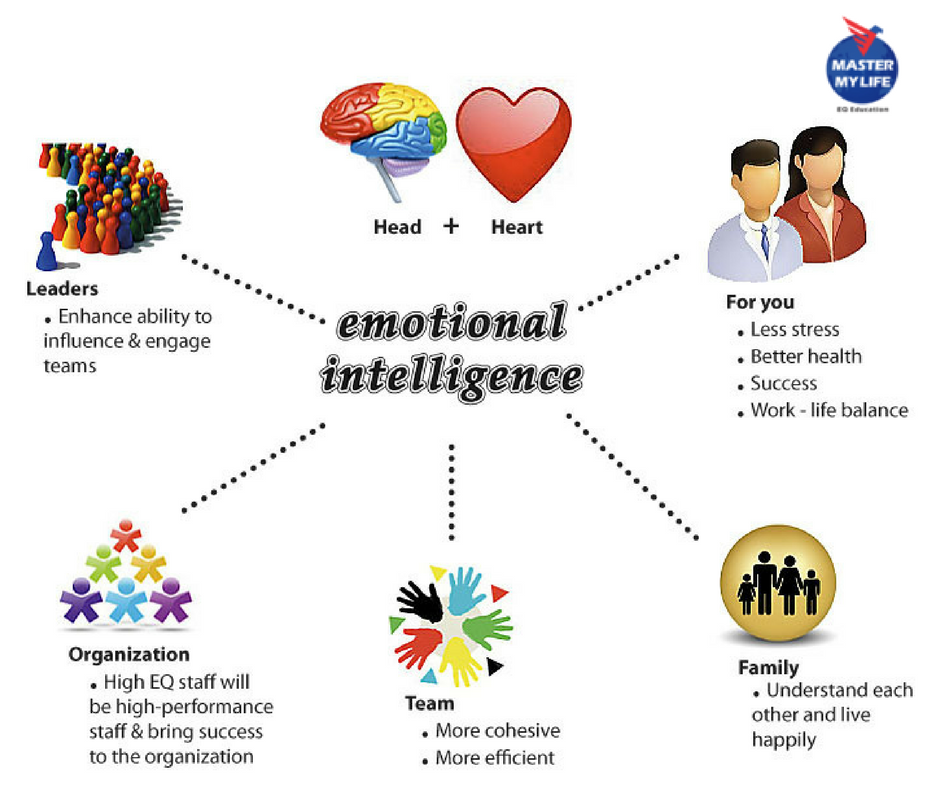 Young children who are better at visualising spatial relationships have also been found to develop stronger arithmetic abilities in primary school.
Young children who are better at visualising spatial relationships have also been found to develop stronger arithmetic abilities in primary school.
3. Do math and physical exercise to improve fluid intelligence
To think abstractly, reason and identify patterns, solve problems and discern relationships without using your prior knowledge – this is known as fluid intelligence. Generally, we use our fluid intelligence when we encounter a new situation.
Can fluid intelligence be taught? For young children, you can start by using concrete examples to show the relationship between objects.
If you are teaching your child the difference between a square and a rectangle, show them real square and rectangular objects around the house. Get them to see and touch the objects to feel the difference.
Instead of simply writing or showing the number ‘2’ to a child, show them real objects by using blocks or toys. To demonstrate the concept of ‘3 more than 4’, place 4 bears on the table in a line, then add 3 more bears slowly.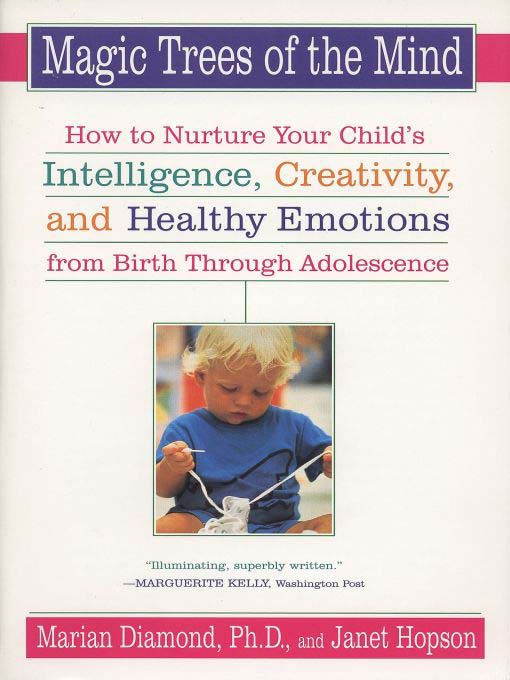
Besides early exposure to Math, research also suggests that physical activity can also improve fluid intelligence. It was found that certain hormones were released during physical activity, and these hormones are beneficial to the hippocampus, a region of the brain linked to learning and memory. So take your children out to run, play and tumble around!
4. Believe in them
Whether your child is truly smart or smarter than average, does not matter or make a difference if you do not express it.
A study was done where elementary school teachers told a group of randomly selected students they were smart. There was no special test done to single out these children as ‘smart’, and nothing was added or changed in the classroom.
Yet by the end of the school year, the children who were told they were ‘smart’ by the teachers gained a higher average IQ score than the rest of their classmates.
It is your words and your believe in them that will impact them for life.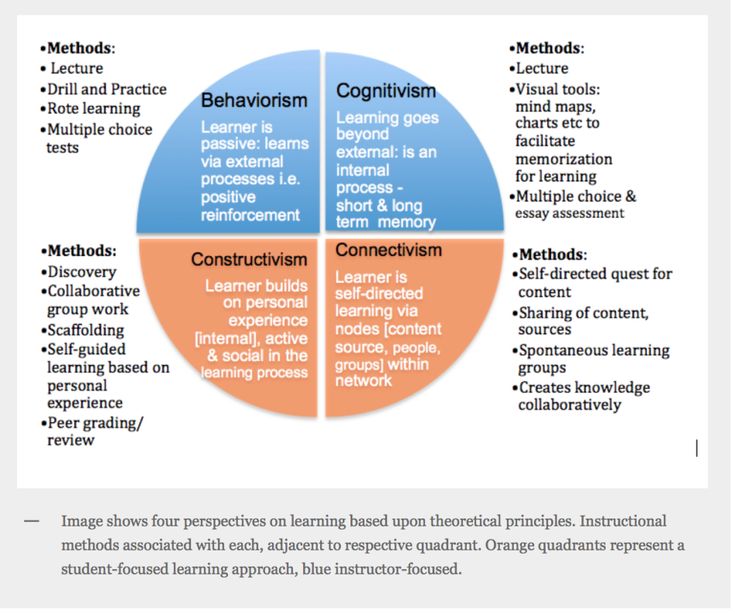
5. Praise their efforts to develop a growth-mindset
Praise is most effective when it is focused on the process and commitment, not the end result. Your child’s learning process and effort should be the main emphasis of your praise.
Carol Dweck, a Professor at Stanford University, came up with two views of intelligence learners might have. One view is the “fixed-mind set” that has the belief that intelligence is a fixed trait. The other view is the “growth-mind set”, where process is focused rather than talent or intelligence.
In a study she conducted, it was found that praise focused on intelligence encouraged a fixed mind-set compared to students who were praised for their process. When she and her researchers asked a group of fifth graders questions from a nonverbal IQ test, they found that students who were praised for their intelligence shied away from a challenging assignment far more than the students who were praised for their process.
How can you communicate a praise that encourages a “growth-mind set”?
Instead of praising them for their results, “Wow, you scored full marks, you’re so smart!” say this instead, “I saw that you really put in the time and effort to do your homework. I like the way you tried a lot of different methods on that math question until you finally got it. I’m really proud that you stuck through it and didn’t give up!” It pays to be specific in your praise as well.
Children need a good dose of encouragement to spur their learning.
Real learning is active. Real learning is emotional.
As a parent, you have a huge influence over your child’s learning.
How To Make Your Kids Smarter: 10 Steps Backed By Science
I’ve explored the science behind what makes kids happier, what type of parenting works best and what makes for joyful families.
But what makes children — from babies up through the teen years — smarter?
Here are 10 things science says can help:
1) Music Lessons
Plain and simple: research show music lessons make kids smarter:
Compared with children in the control groups, children in the music groups exhibited greater increases in full-scale IQ. The effect was relatively small, but it generalized across IQ subtests, index scores, and a standardized measure of academic achievement.
In fact musical training helps everyone, young and old:
A growing body of research finds musical training gives students learning advantages in the classroom. Now a Northwestern University study finds musical training can benefit Grandma, too, by offsetting some of the deleterious effects of aging.
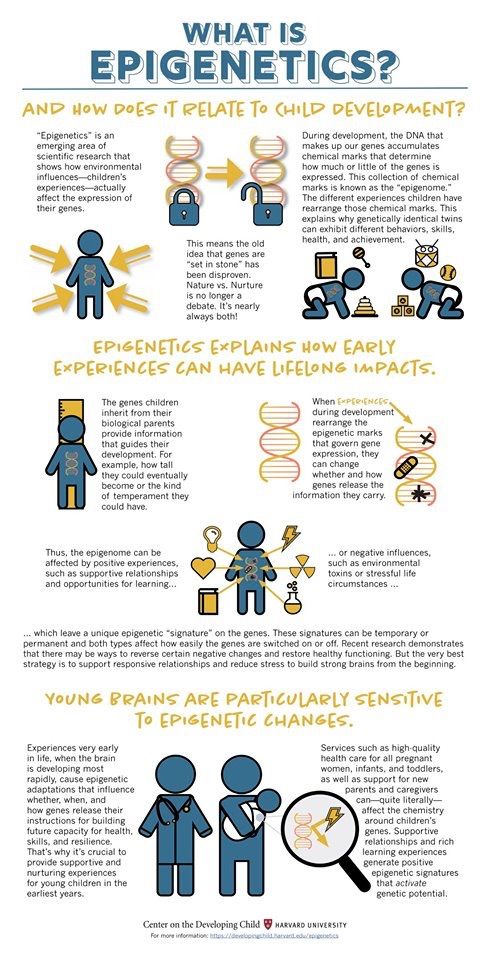
(More on what the music you love says about you here.)
2) The Dumb Jock Is A Myth
Dumb jocks are dumb because they spend more time on the field than in the library. But what if you make sure your child devotes time to both?
Being in good shape increases your ability to learn. After exercise people pick up new vocabulary words 20% faster.
Via Spark: The Revolutionary New Science of Exercise and the Brain:
Indeed, in a 2007 study of humans, German researchers found that people learn vocabulary words 20 percent faster following exercise than they did before exercise, and that the rate of learning correlated directly with levels of BDNF.
A 3 month exercise regimen increased bloodflow to the part of the brain focused on memory and learning by 30%.
Via Spark: The Revolutionary New Science of Exercise and the Brain:
In his study, Small put a group of volunteers on a three-month exercise regimen and then took pictures of their brains… What he saw was that the capillary volume in the memory area of the hippocampus increased by 30 percent, a truly remarkable change.
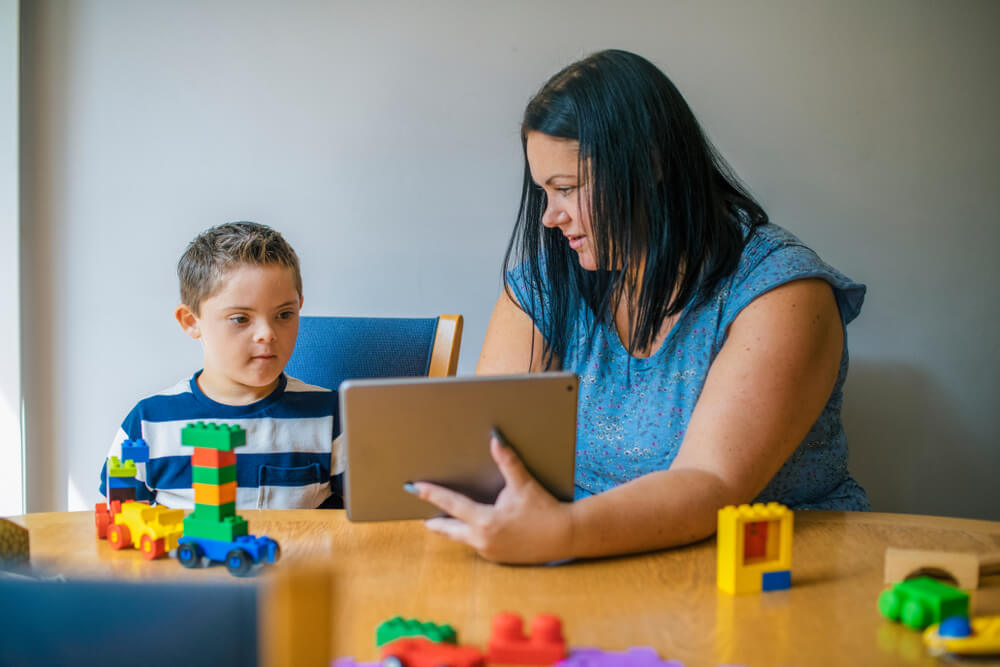
(More on how exercise can make you and your kids smarter and happier here.)
3) Don’t Read To Your Kids, Read With Them
Got a little one who is learning to read? Don’t let them just stare at the pictures in a book while you do all the reading.
Call attention to the words. Read with them, not to them. Research shows it helps build their reading skills:
…when shared book reading is enriched with explicit attention to the development of children’s reading skills and strategies, then shared book reading is an effective vehicle for promoting the early literacy ability even of disadvantaged children.
(More on things most parents do wrong here.)
4) Sleep Deprivation Makes Kids Stupid
Missing an hour of sleep turns a sixth grader’s brain into that of a fourth grader.
Via NurtureShock:
“A loss of one hour of sleep is equivalent to [the loss of] two years of cognitive maturation and development,” Sadeh explained.
There is a correlation between grades and average amount of sleep.
Via NurtureShock:
Teens who received A’s averaged about fifteen more minutes sleep than the B students, who in turn averaged fifteen more minutes than the C’s, and so on. Wahlstrom’s data was an almost perfect replication of results from an earlier study of over 3,000 Rhode Island high schoolers by Brown’s Carskadon. Certainly, these are averages, but the consistency of the two studies stands out. Every fifteen minutes counts.
(More on how to sleep better here.)
5) IQ Isn’t Worth Much Without Self-Discipline
Self-discipline beats IQ at predicting who will be successful in life.
From Charles Duhigg’s excellent book The Power of Habit: Why We Do What We Do in Life and Business:
Dozens of studies show that willpower is the single most important keystone habit for individual success… Students who exerted high levels of willpower were more likely to earn higher grades in their classes and gain admission into more selective schools. They had fewer absences and spent less time watching television and more hours on homework. “Highly self-disciplined adolescents outperformed their more impulsive peers on every academic-performance variable,” the researchers wrote. “Self-discipline predicted academic performance more robustly than did IQ. Self-discipline also predicted which students would improve their grades over the course of the school year, whereas IQ did not.… Self-discipline has a bigger effect on academic performance than does intellectual talent.”
Grades have more to do with conscientiousness than raw smarts.
Via How Children Succeed: Grit, Curiosity, and the Hidden Power of Character:
…conscientiousness was the trait that best predicted workplace success. What intrigues Roberts about conscientiousness is that it predicts so many outcomes that go far beyond the workplace. People high in conscientiousness get better grades in school and college; they commit fewer crimes; and they stay married longer. They live longer – and not just because they smoke and drink less. They have fewer strokes, lower blood pressure, and a lower incidence of Alzheimer’s disease.
Who does best in life? Kids with grit.
Via Drive: The Surprising Truth About What Motivates Us.
The best predictor of success, the researchers found, was the prospective cadets’ ratings on a noncognitive, nonphysical trait known as “grit”—defined as “perseverance and passion for long-term goals.
”
(More on how to improve self-discipline here.)
6) Learning Is An Active Process
Baby Einstein and braintraining games don’t work.
In fact, there’s reason to believe they make kids dumber.
Via Brain Rules for Baby: How to Raise a Smart and Happy Child from Zero to Five:
The products didn’t work at all. They had no positive effect on the vocabularies of the target audience, infants 17-24 months. Some did actual harm. For every hour per day the children spent watching certain baby DVD’s and videos, the infants understood an average of six to eight fewer words than infants who did not watch them.
Real learning isn’t passive, it’s active.
What does Dan Coyle, author of The Talent Code recommend? Stop merely reading and test yourself:
Our brains evolved to learn by doing things, not by hearing about them.
This is one of the reasons that, for a lot of skills, it’s much better to spend about two thirds of your time testing yourself on it rather than absorbing it. There’s a rule of two thirds. If you want to, say, memorize a passage, it’s better to spend 30 percent of your time reading it, and the other 70 percent of your time testing yourself on that knowledge.
(More on how to teach your child to be a hard worker in school here.)
7) Treats Can Be A Good Thing — At The Right Time
Overall, it would be better if kids ate healthy all the time. Research shows eating makes a difference in children’s grades:
Everybody knows you should eat breakfast the day of a big test. High-carb, high-fiber, slow-digesting foods like oatmeal are best, research shows. But what you eat a week in advance matters, too. When 16 college students were tested on attention and thinking speed, then fed a five-day high-fat, low-carb diet heavy on meat, eggs, cheese and cream and tested again, their performance declined.
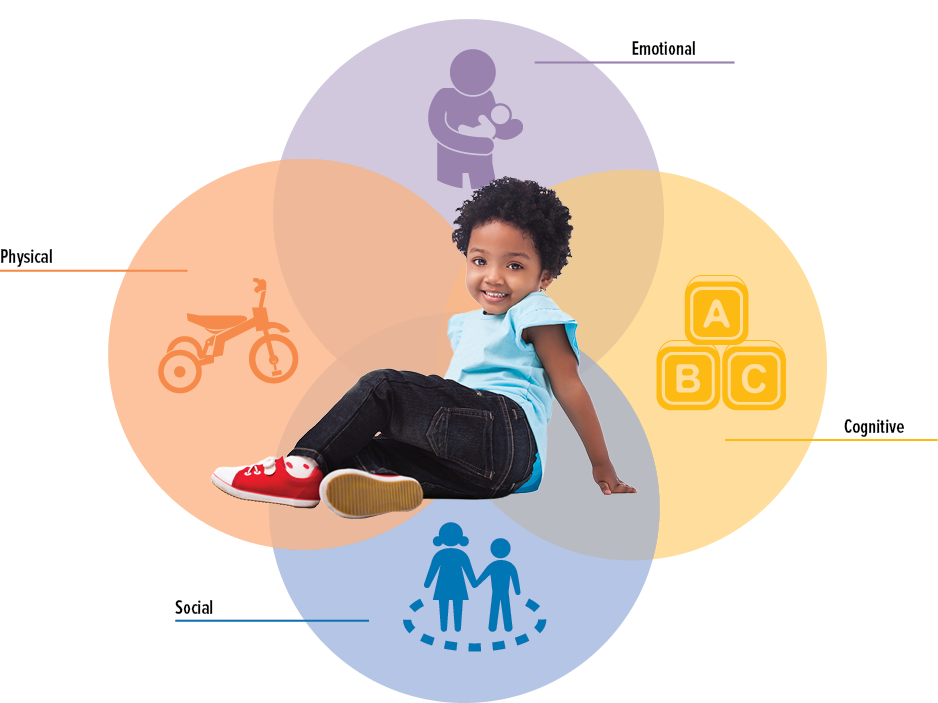
There are always exceptions. No kid eats healthy all the time. But the irony is that kids often get “bad” foods at the wrong time.
Research shows caffeine and sugar can be brain boosters:
Caffeine and glucose can have beneficial effects on cognitive performance… Since these areas have been related to the sustained attention and working memory processes, results would suggest that combined caffeine and glucose could increase the efficiency of the attentional system.
They’re also potent rewards kids love.
So if kids are going to occasionally eat candy and soda maybe it’s better to give it to them while they study then when they’re relaxing.
(More on the best way for kids to study here.)
8) Happy Kids = Successful Kids
Happier kids are more likely to turn into successful, accomplished adults.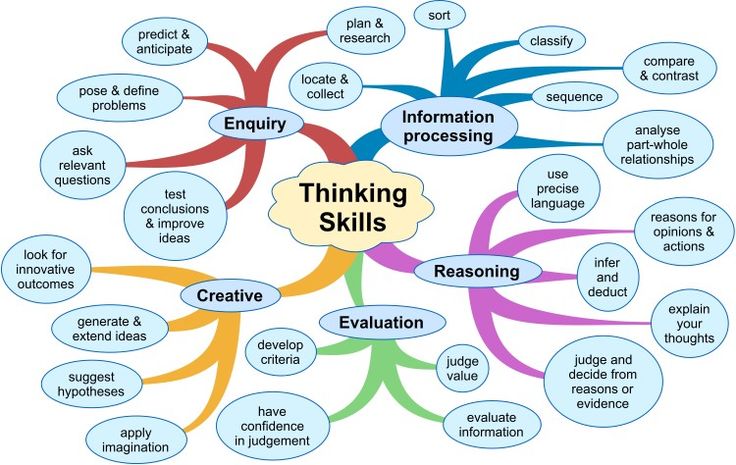
Via Raising Happiness: 10 Simple Steps for More Joyful Kids and Happier Parents:
…happiness is a tremendous advantage in a world that emphasizes performance. On average, happy people are more successful than unhappy people at both work and love. They get better performance reviews, have more prestigious jobs, and earn higher salaries. They are more likely to get married, and once married, they are more satisfied with their marriage.
And what’s the first step in creating happier kids? Being a happy parent.
(More on how to raise happy kids here.)
9) Peer Group Matters
Your genetics and the genetics of your partner have a huge effect on your kids. But the way you raise your kids?
Not nearly as much.
Via Malcolm Gladwell’s The Tipping Point: How Little Things Can Make a Big Difference:
On things like measures of intellectual ability and certain aspects of personality, the biological children are fairly similar to their parents.
For the adopted kids, however, the results are downright strange. Their scores have nothing whatsoever in common with their adoptive parents: these children are no more similar in their personality or intellectual skills to the people who raised them, fed them, clothed them, read to them, taught them, and loved them for sixteen years than they are to any two adults taken at random off the street.
So what does have an enormous affect on your children’s behavior? Their peer group.
We usually only talk about peer pressure when it’s a negative but more often than not, it’s a positive.
Living in a nice neighborhood, going to solid schools and making sure your children hang out with good kids can make a huge difference.
What’s the easiest way for a college student to improve their GPA? Pick a smart roommate.
Via The Happiness Advantage: The Seven Principles of Positive Psychology That Fuel Success and Performance at Work:
One study of Dartmouth College students by economist Bruce Sacerdote illustrates how powerful this influence is.
He found that when students with low grade-point averages simply began rooming with higher-scoring students, their grade-point averages increased. These students, according to the researchers, “appeared to infect each other with good and bad study habits—such that a roommate with a high grade-point average would drag upward the G.P.A. of his lower-scoring roommate.”
(More on the how others affect your behavior without you realizing it here.)
10) Believe In Them
Believing your kid is smarter than average makes a difference.
When teachers were told certain kids were sharper, those kids did better — even though the kids were selected at random.
Via The Heart of Social Psychology: A Backstage View of a Passionate Science:
…Rosenthal and Lenore Jacobson (1968) did the same study in a classroom, telling elementary school teachers that they had certain students in their class who were “academic spurters.
” In fact, these students were selected at random. Absolutely nothing else was done by the researchers to single out these children. Yet by the end of the school year, 30 percent of the the children arbitrarily named as spurters had gained an average of 22 IQ points, and almost all had gained at least 10 IQ points.
Sum Up
- Music Lessons
- The Dumb Jock Is A Myth
- Don’t Read To Your Kids, Read With Them
- Sleep Deprivation Makes Kids Stupid
- IQ Isn’t Worth Much Without Self-Discipline
- Learning Is An Active Process
- Treats Can Be a Good Thing — At The Right Time
- Happy Kids = Successful Kids
- Peer Group Matters
- Believe In Them
One final note: Intelligence isn’t everything. Without ethics and empathy really smart people can be scary.
Without ethics and empathy really smart people can be scary.
As P.J. O’Rourke once said:
Smart people don’t start many bar fights. But stupid people don’t build many hydrogen bombs.
So if you want to learn how to raise a happier kid go here and a more well-behaved kid go here.
I hope this helps your child be brilliant.
Related posts:
Good Parenting Skills: 7 Research-Backed Ways to Raise Kids Right
How To Have A Happy Family – 7 Tips Backed By Research
How To Raise Happy Kids – 10 Steps Backed By Science
This piece originally appeared on Barking Up the Wrong Tree. Join 45K+ readers. Get a free weekly update via email here.
Read next: The Secret to Learning a Foreign Language as an Adult
Listen to the most important stories of the day.
Contact us at letters@time. com.
com.
9 main factors for the development of intelligence in children
To begin to reveal the topic of the development of intelligence in children, one should understand the essence of the definition itself. Intelligence means sensations, perception, understanding, qualities of the psyche and the ability to adapt to emerging life situations, as well as the ability to use one's knowledge to control the environment.
Factor one. It should be remembered that a person's intellect develops especially intensively between the ages of two and twelve. And this means that this period is most favorable for learning and expanding the level of knowledge in any areas. nine0003
Factor two. In a child who grows up in an emotionally positive environment, the level of intelligence continuously increases. Therefore, if you surround the child with a favorable atmosphere and provide him with the opportunity for all-round development, the intellect will develop with him.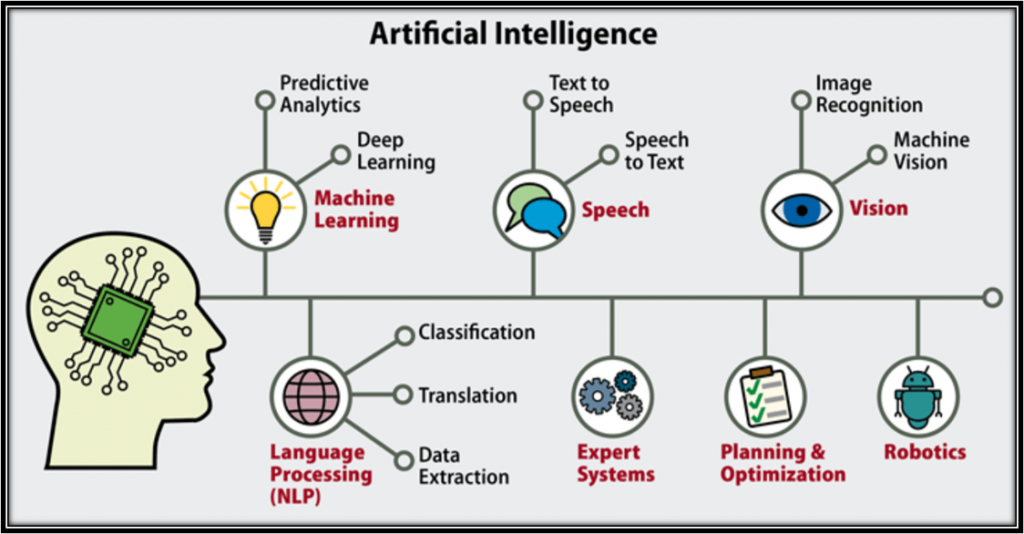
Factor three. The brain is in many ways like a muscle: the harder you train it, the greater its capabilities become. If a child learns something new every day, the level of thinking will certainly increase. nine0003
The fourth factor. The best way to develop the intellect is to engage in unfamiliar activities. Therefore, along with the repetition of what the child already knows, it is necessary to constantly learn something new.
Factor five. Studies have shown that the composition of Mozart's musical compositions activates the cognitive functions of the brain. This means that just listening to Mozart for ten minutes a day, you can significantly increase the intelligence of not only the child, but also the parents. Give music lessons daily attention. nine0003
Factor six. The higher the level of education a child receives, the lower the percentage of the probability of developing brain diseases. Medicine claims that intellectual development affects the development of brain tissue in such a way that new cells replace dying ones.
Factor seven. The IQ (intelligence quotient) of an average person ranges from 100 to 120 points, while an intellectually developed individual has a score of 130, but only one in 50 can boast such a high score. Highly intelligent people get an IQ of 145, their number is about one in a thousand. People with an IQ of 160 and above are only one in a million. And the level of 175 and more can reach one person in three million. nine0003
Factor eight. The lifestyle that parents provide for their child also greatly affects the development of intelligence. Environmental factors, nutrition, toxins that attack a person from the moment of intrauterine development and throughout life - all this affects the human brain.
Ninth factor. Parental smoking has a very detrimental effect on a child's intellect. Especially harmful effect on the development of the fetal brain smoking a pregnant woman. But cigarette smoke, of course, is not indifferent to a child who has already been born.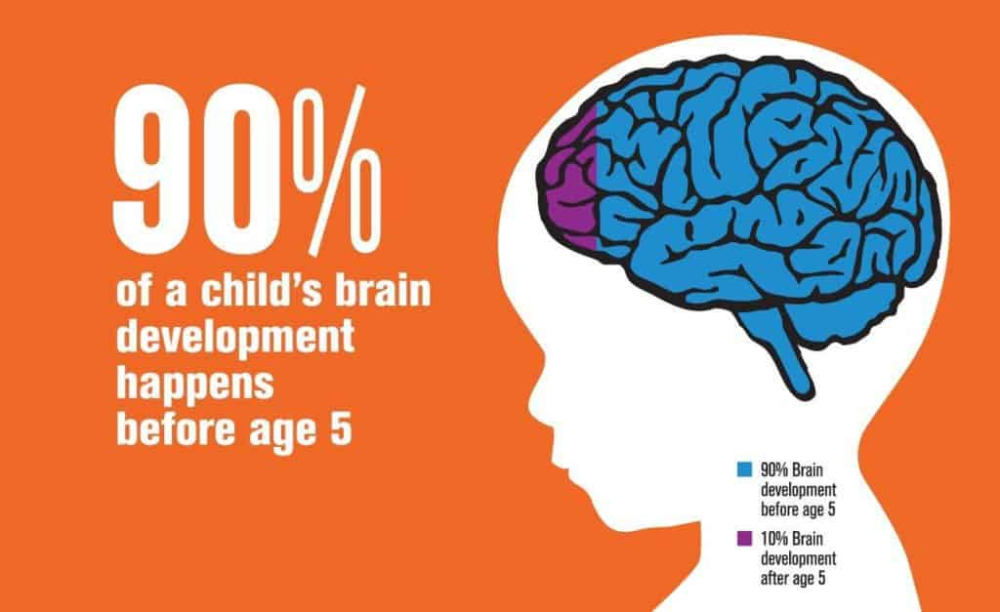 nine0003
nine0003
Based on the above, parents should make the right choice now, so that later it will not be too late.
How to develop intelligence in a child
04/25/2021
Developed intelligence is our ability to perceive and analyze information. A high IQ level means excellent school performance, a higher chance of a child entering a university, but not only. It is also a successful career in adulthood, financial well-being. Therefore, parents need to develop the child's intelligence from preschool age, using a variety of methods for this. nine0003
Content:
- What is intelligence
- Types of intelligence
- What determines the intellectual development of the child
- Stages of intelligence development
- How to develop the mental abilities of a child
What is intellect
Intellect is, in other words, mind, reason. An intellectually developed person is capable of:
An intellectually developed person is capable of:
- think logically and think abstractly;
- analyze incoming information;
- understand cause and effect relationships;
- be malleable to learning;
- find the right scientific, practical and daily life solutions.
It is easier for such a person to adapt to changes in the surrounding reality, he plans better, knows how to set goals and achieve them. Higher IQ means better memory and ability to concentrate, richer vocabulary. nine0003
Types of intelligence
Multiple intelligence. Psychologists distinguish at least eight of its types, a person has all of them, but only one or a few dominate, and not all. This determines the characteristics of our individuality and abilities.
Natural type is everything related to nature, natural sciences, environmental protection. If a child from childhood loves animals and plants, feels and protects nature, an excellent astronomer, chemist or, for example, a veterinarian can grow out of him.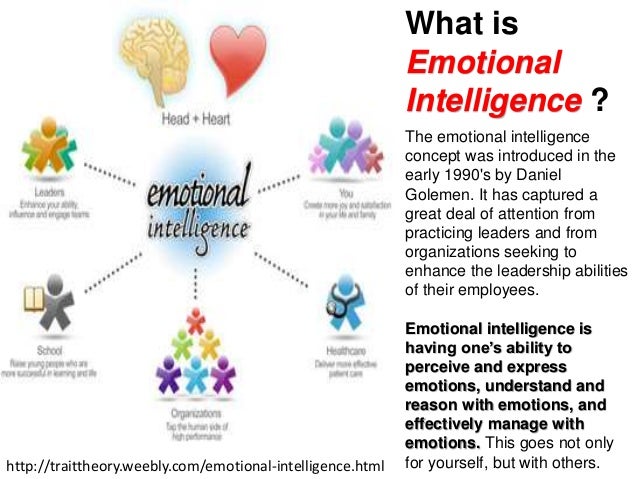 Such preschoolers and schoolchildren will benefit from walking in the forest or park, reading books on nature and environmental problems. nine0003
Such preschoolers and schoolchildren will benefit from walking in the forest or park, reading books on nature and environmental problems. nine0003
The type of the second intellect is musical. A child already at a very early age sings along to the beat, feels the rhythm, has a developed ear and voice, is able to pick up any melody by ear, easily masters musical instruments. Such a kid should be encouraged in his studies, take him with you to concerts, to the theater, listen to good music with him and periodically arrange home creative evenings. Composers, singers, musicians grow out of such people.
Children with a logical-mathematical type of intelligence can easily solve arithmetic and geometric problems, solve puzzles, and they should be encouraged in this activity. In childhood, it is they who are best at collecting pyramids, and later - puzzles. Growing up, such children choose work in the field of IT, mathematics and other exact sciences, economics, they can become an engineer, designer or, for example, a detective.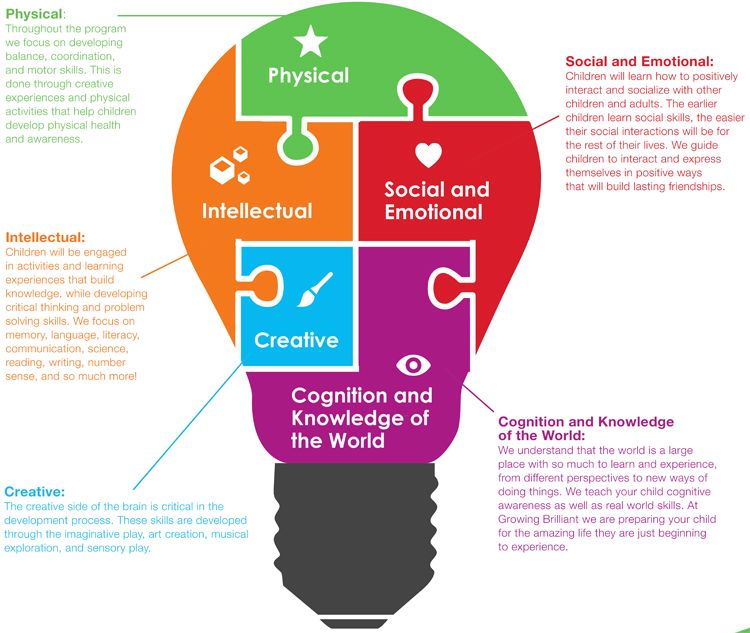 nine0003
nine0003
A developed spiritual or philosophical type of intellect means that a person has a rich inner world. Such children begin to ask questions about the meaning of life early, they like to reason, argue, they are very inquisitive. In most cases, these are future philosophers, historians or archaeologists, psychologists, politicians. They will enjoy traveling around cities and countries, visiting exhibitions and museums, and excursions.
The kinesthetic type of intelligence is also called bodily. If it is developed in a child, the baby is active and even restless, he has excellent control over his body, he has well-developed spatial thinking, a sense of time. These are future athletes, artists, dancers. Such children should not be limited in movement: let them run, jump, somersault to their heart's content. It will not be superfluous to enroll the child in the sports section. nine0003
Interpersonal or social intelligence is expressed in sociability, the ability to empathize, the desire for new acquaintances.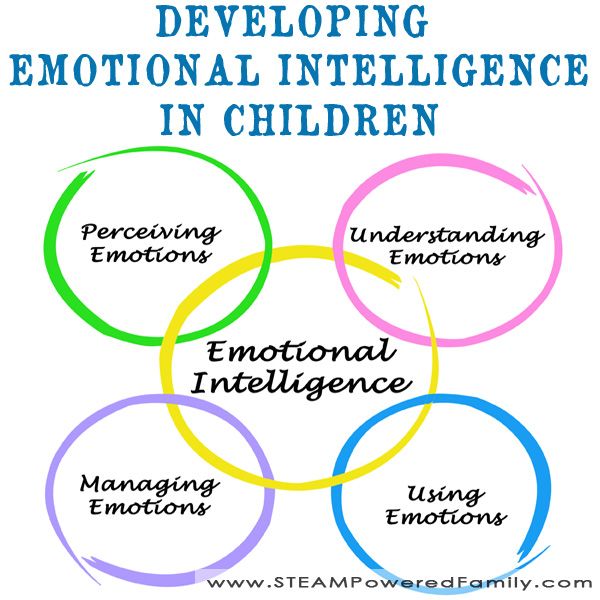 Such children are predominantly leaders, they are charismatic, study well at school, and in adulthood become teachers, educators, social workers, psychologists, personnel managers. For the development of intelligence, it is useful for such children to broaden their horizons, travel, meet new people, speak in public.
Such children are predominantly leaders, they are charismatic, study well at school, and in adulthood become teachers, educators, social workers, psychologists, personnel managers. For the development of intelligence, it is useful for such children to broaden their horizons, travel, meet new people, speak in public.
Signs of a developed figurative (spatial) intellect include phenomenal memory, good orientation in the area, and love for art. Such children grow up to be excellent pilots, drivers, builders, architects, engineers and designers. As a child, it will be useful for them to play with constructors, puzzles, labyrinth toys, and engage in 3D modeling. nine0003
Possessors of a developed linguistic (verbal) type of intellect like to keep a diary and write excellent summaries and compositions. They are excellent speakers, it is interesting to communicate with them. Growing up, they become journalists, writers, translators, actors, and from the sciences they most often choose philosophy or history.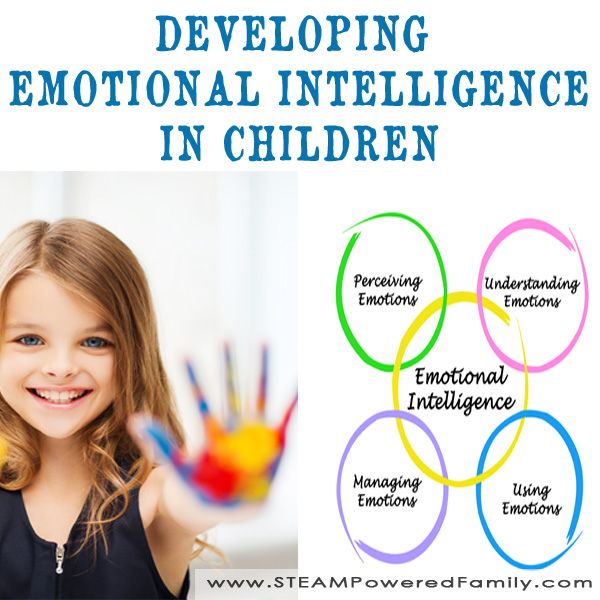 With such children, you need to talk and read as much as possible.
With such children, you need to talk and read as much as possible.
What determines the intellectual development of the child
The development of the intellect depends on several factors. It is influenced by the intrauterine development of the baby (from the course of pregnancy to possible complications in childbirth), genetic predispositions and the individual characteristics of the child. Regular quality activities with the baby and the way of life of him and the whole family are important. The psychological climate in the family should be favorable, you need to observe the daily routine, regularly organize walks in the air, and sleep well. nine0003
The social factor is also very important. The financial situation of the family is taken into account, but if there is no opportunity to take the child to developmental classes, you can successfully study at home.
Buy Gift set for the development of intelligence and mathematical thinking
Stages of development of the intellect
From birth to about two years old, the baby learns the surrounding reality only through the senses.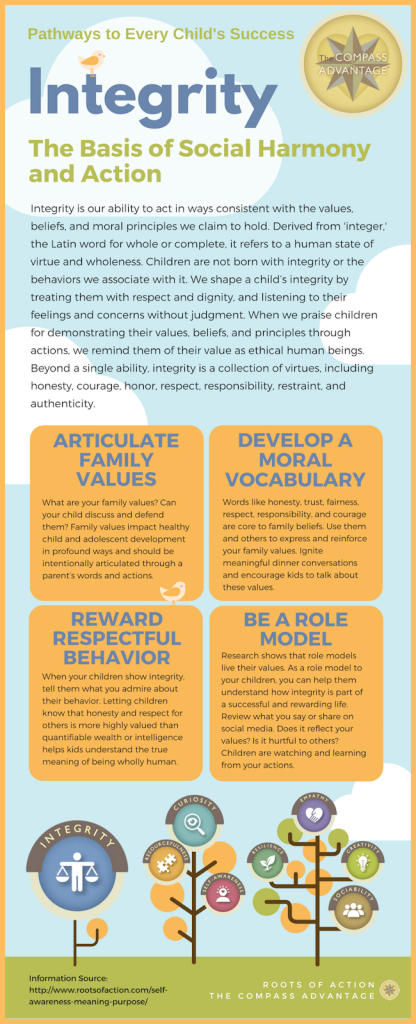 At this stage, he comes to the realization that he is an autonomous part of the world, and any of his actions leads to some consequences. nine0003
At this stage, he comes to the realization that he is an autonomous part of the world, and any of his actions leads to some consequences. nine0003
About two years later, a new stage of development begins. The child no longer thinks in concrete objects, as before, but figuratively, in symbols. At first, the baby is self-centered, but gradually begins to understand that there are other people in the world with their own opinions and points of view.
At the age of about 7 years, the child already thinks in symbols as actively as possible, for example, finds the number of non-existent chicks in arithmetic problems. He is already able to classify objects, familiar with the principle of conservation of matter. Starting from the age of 11-12, children think both abstractly and concretely, understand metaphors, find analogues, and listen to the opinions of others. nine0003
How to develop a child's intellectual abilities
There are several general rules for developing a child's intelligence.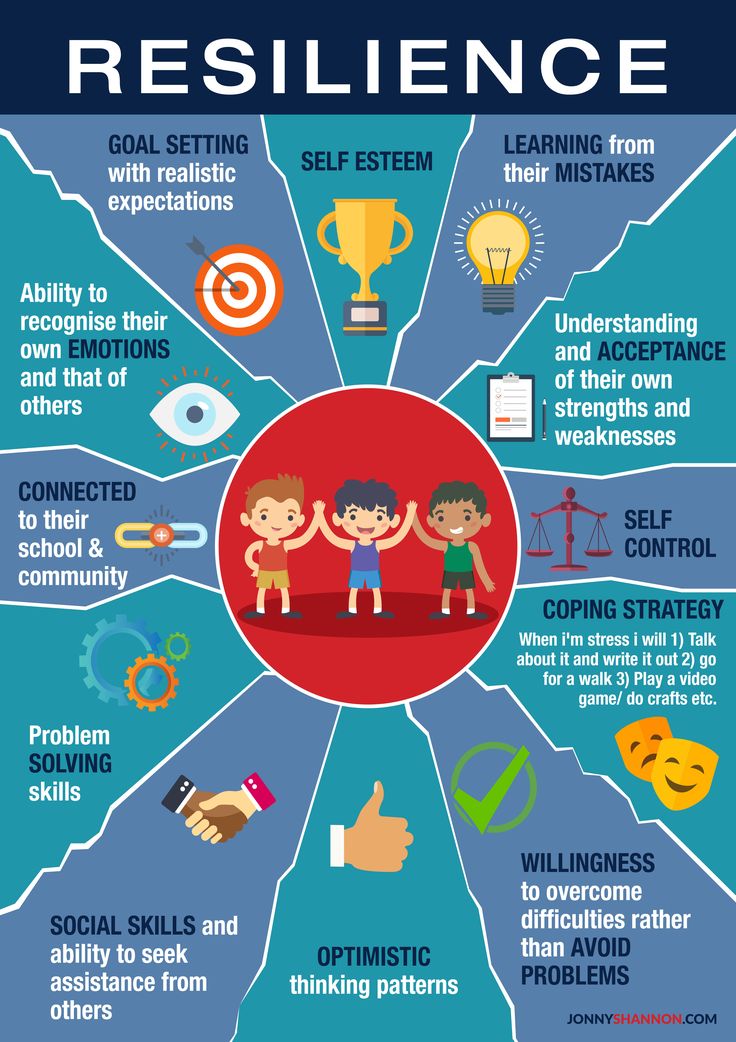 For example, you need to take into account the age of the baby and offer activities that correspond to this time stage. The solution of all problems should be approached comprehensively: one lesson should contain exercises that simultaneously develop logic, attentiveness, memory, speech, etc. You don't need to get hung up on any one skill, but the emphasis should be on the type of intelligence that dominates. And mental activity must be alternated with physical activity. nine0003
For example, you need to take into account the age of the baby and offer activities that correspond to this time stage. The solution of all problems should be approached comprehensively: one lesson should contain exercises that simultaneously develop logic, attentiveness, memory, speech, etc. You don't need to get hung up on any one skill, but the emphasis should be on the type of intelligence that dominates. And mental activity must be alternated with physical activity. nine0003
Intellectual development exercises should be started when the baby is about six months old. Offer him toys made of materials of different textures, train fine motor skills, talk to the baby, show the objects around him and pronounce their names.
At about 8 months, show your child a sorter toy or a classic geometric pyramid, but they should not start collecting until the age of one. Keep talking with your baby, read fairy tales to him, listen to music together, draw, sculpt from dough and plasticine.